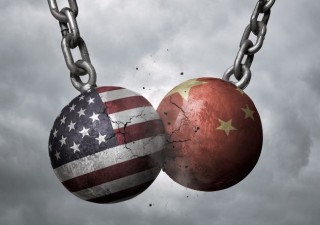Vietnam’s draft revision to Law on Organization of the People’s Courts for discussion in November
04 November 2023

The Supreme People’s Court of Vietnam has recently released a draft revision to the Law on Organization of the People’s Courts of 2014, which will undergo discussion at the National Assembly this November.
The draft law seeks to replace the organizational structure of Vietnamese courts, emphasizing the level of adjudication rather than their current connection with administrative units. With the replacement, the country’s court system shall consist of the following: Supreme People’s Court, Superior People’s Court, Appellate People’s Court, First-Instance People’s Court, Specialized First-Instance People’s Court and Military Court.
One key aspect of the draft law, as outlined in the Supreme Court’s explanation report (which also quoted Resolution No. 755/NQ-UBTVQH15 dated March 27, 2023) to the National Assembly, is the establishment of Specialized First-Instance People’s Court. This specialized court is expected to meet the requirements for resolution of cases and matters having specialized characteristics, including those related to intellectual property.

Manh Hung Tran, Managing Principal, BMVN International, Hanoi
Manh Hung Tran,managing principal at BMVN International in Hanoi, also highlighted the practical benefits of its establishment. According to Tran, the presence of specialized judges with the necessary expertise will lead to more convenient resolution of specialized disputes such as IP cases.
The draft law outlines a mechanism for establishing specialized courts, including the Specialized First-Instance People’s Court. The Standing Committee of the National Assembly will be responsible for deciding on the establishment, dissolution and territorial scope of jurisdiction for these specialized courts based on the proposal of the Chief Justice of the Supreme Court.
“This means that the draft law, if adopted, will not immediately bring into existence a specialized IP court, but set the mechanism according to which a specialized IP court, or other specialized courts, can be established,” explained Tran.
The draft law also introduces new requirement for judges. Article 92 specifies that judges’ promotions to higher positions will depend on the quality and quantity of the cases they have handled. Furthermore, judges will be subject to more stringent obligations, including those outlined in the new Article 103 on responsibility of judges and Article 104, which supplements the list of prohibited acts for judges.
If approved, the draft revision to Law on Organization of the People’s Courts of 2014 is expected to be adopted in 2024.
- Espie Angelica A. de Leon






